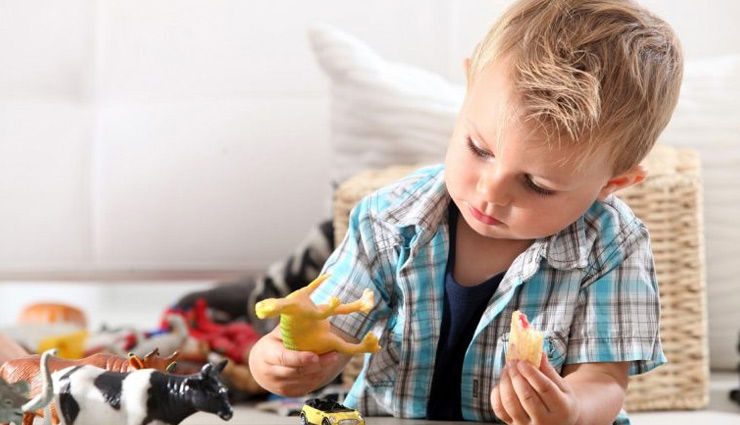- Home›
- Mates & Me›
- 5 Ways To Teach Your Kids To Be Independent
5 Ways To Teach Your Kids To Be Independent
By: Priyanka Maheshwari Tue, 12 May 2020 10:11:08

Imagine how much easier life could be if your kids picked up after themselves, fixed their own snacks, packed their lunches, and pitched in around the house. Teaching them how to be independent won’t just make life easier for you however; it will also put them on the path toward becoming responsible citizens.
Teaching them to be independent can be a bit tricky at times however. Fortunately, these strategies can help them gain freedom and earn more responsibility one small step at a time.
* Make Your Expectations Known
Kids usually try to rise to meet expectations from adults, as long as the expectations are clear and reasonable. If you expect too much, they’re likely to give up. But if your expectations are too low, you won’t challenge them to tackle things they’re capable of learning.
So work on creating reasonable expectations while realizing that the process can require a little trial and error.

* Invest Time Into Teaching
It’s easier to do most tasks yourself rather than teach your child how to do them. And it’s never easy to watch your child struggle to do something that you could easily step in and do yourself.
But think about the time you spend teaching your child how to complete a task independently as an investment. When you put time into showing your child how to clean the kitchen or how to vacuum the living room now, you’ll spend less time doing those tasks yourself down the road.
* Create Charts
Saying, “Clean your room,” or “Get ready for school,” is a bit vague. Younger children, kids with short attention spans, or kids who are learning a new skill need specific action steps that explain exactly what they need to do.
Break down those bigger commands into small steps like, “Put your dirty clothes in the hamper. Then, straighten your bookshelves.”
Obviously, you don’t want to stand around and micromanage the task step-by-step however. This could backfire and foster more dependency on you.

* Shape Their Behavior
Whether you want your 6-year-old to learn how to calm down when they’re upset, or you want your teenager to know how to prepare dinner for the family, shape their behavior one step at a time.
Show them what to do. Then, guide them as they try to do it on their own.
Provide positive feedback when they’re on track, and redirect them when they’re headed down the wrong path.
* Provide Praise
It’s easy to give kids attention when they’re breaking the rules or when they’re not staying on task. But attention (even negative attention) can reinforce misbehavior.





